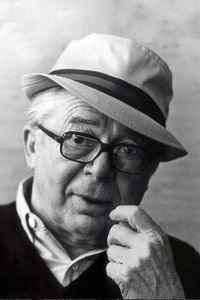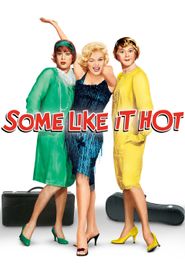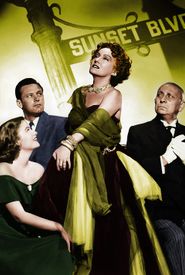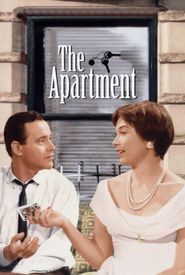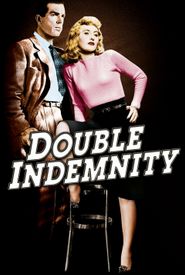Billy Wilder's life took an unexpected turn when he abandoned his initial plans to become a lawyer, instead opting to work as a reporter for a Viennese newspaper. This experience proved invaluable as he moved to Berlin, where he worked for the city's largest tabloid, honing his writing skills.
As a screenwriter, Wilder made his debut in 1929 and went on to pen scripts for numerous German films. However, with the rise of Adolf Hitler to power in 1933, Wilder realized his Jewish heritage would create significant problems, leading him to emigrate to Paris and eventually the United States.
Despite not speaking English upon his arrival in Hollywood, Wilder's quick wit and determination enabled him to break into the American film industry. His partnership with Charles Brackett began in 1938, and the duo wrote some of Hollywood's most beloved comedies, including Ninotchka and Ball of Fire.
In 1942, the partnership expanded to include producing and directing, yielding classics such as Five Graves to Cairo, The Lost Weekend, and Sunset Boulevard. Wilder had already directed Double Indemnity in 1944, albeit without Brackett, who refused to work on a film featuring such questionable characters.
After the dissolution of his partnership with Brackett, Wilder's subsequent self-produced films took on a more cynical and caustic tone, exemplified by Ace in the Hole. However, he also produced some of his most enduring comedies, including Some Like It Hot and The Apartment, which earned him Best Picture and Director Oscars.
Wilder continued to produce and direct films until his retirement in 1981, leaving behind a legacy as one of Hollywood's most accomplished and versatile filmmakers.
